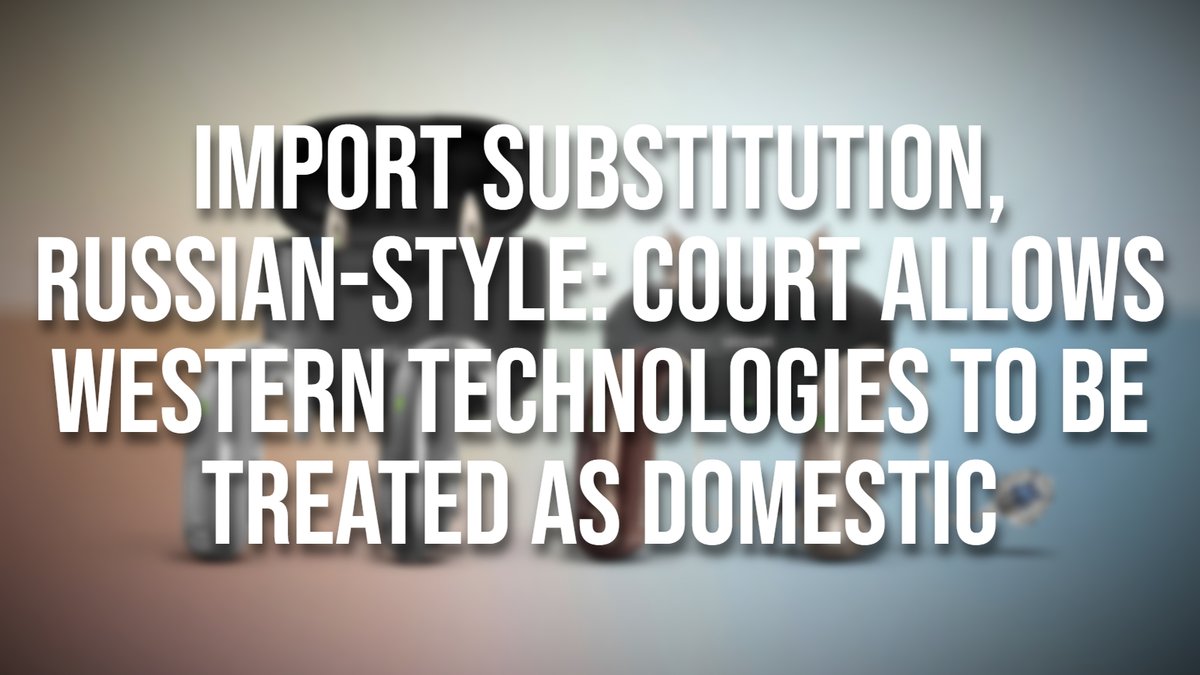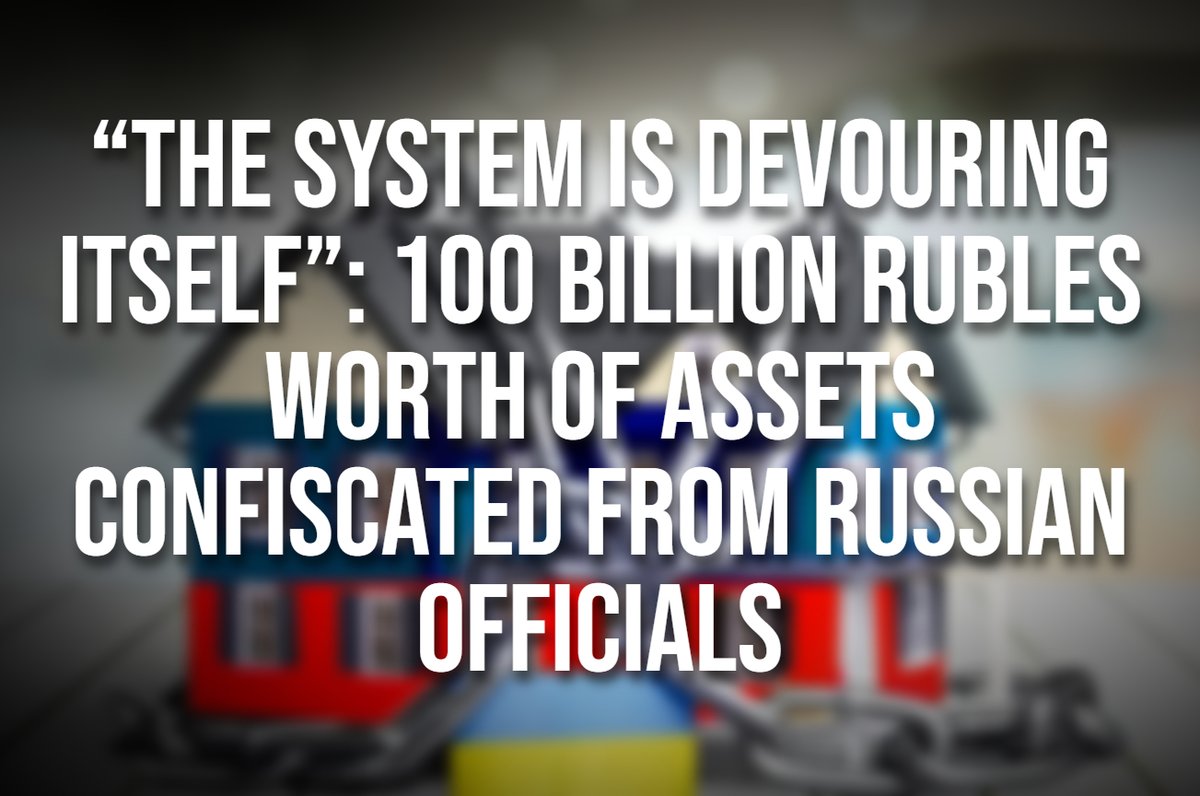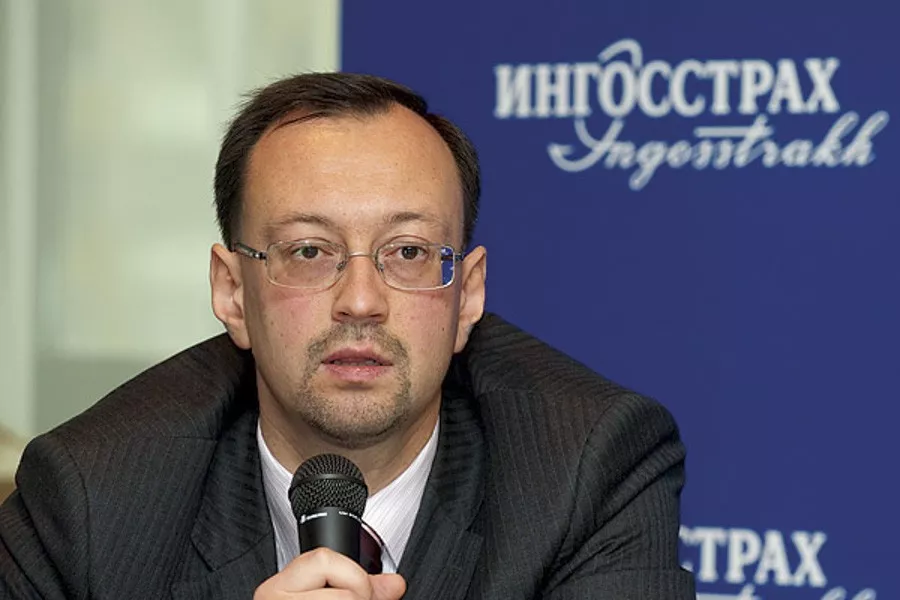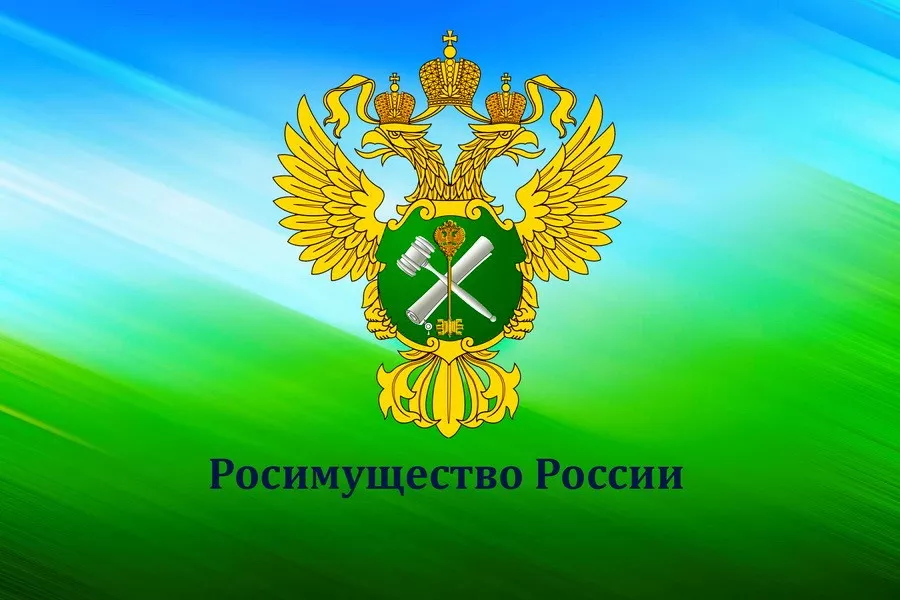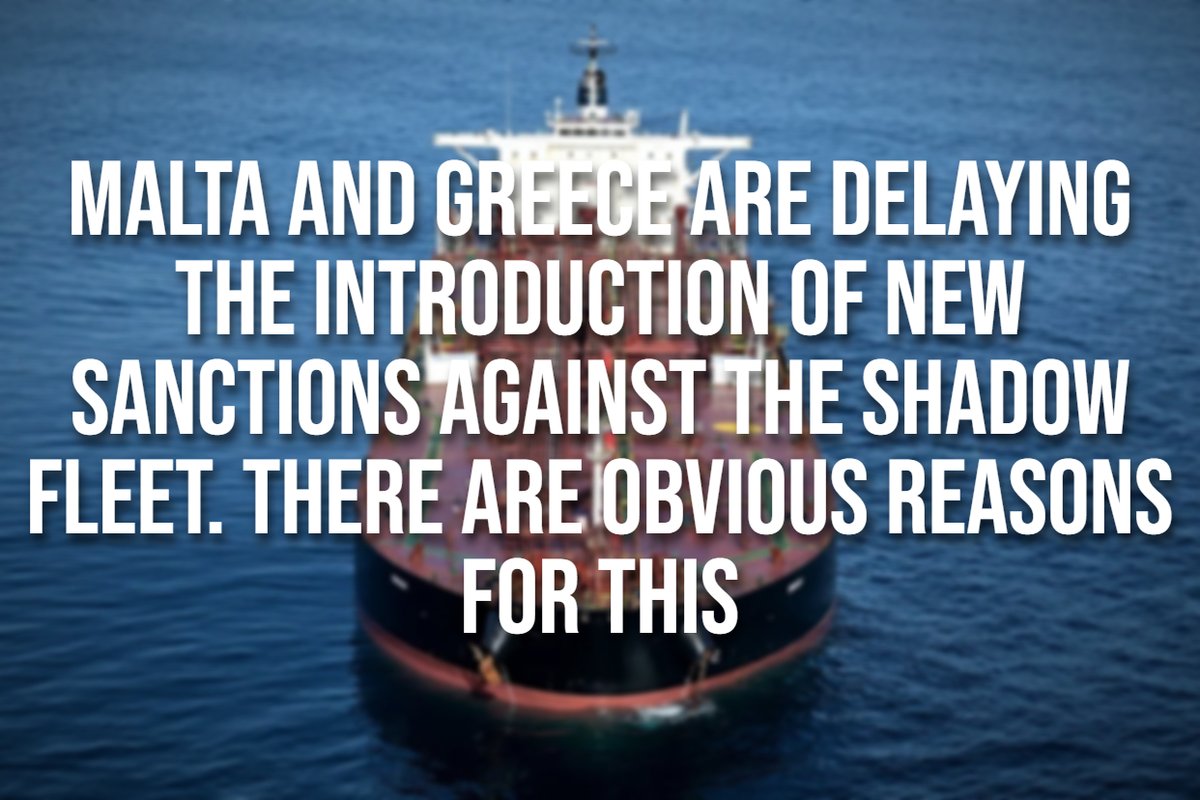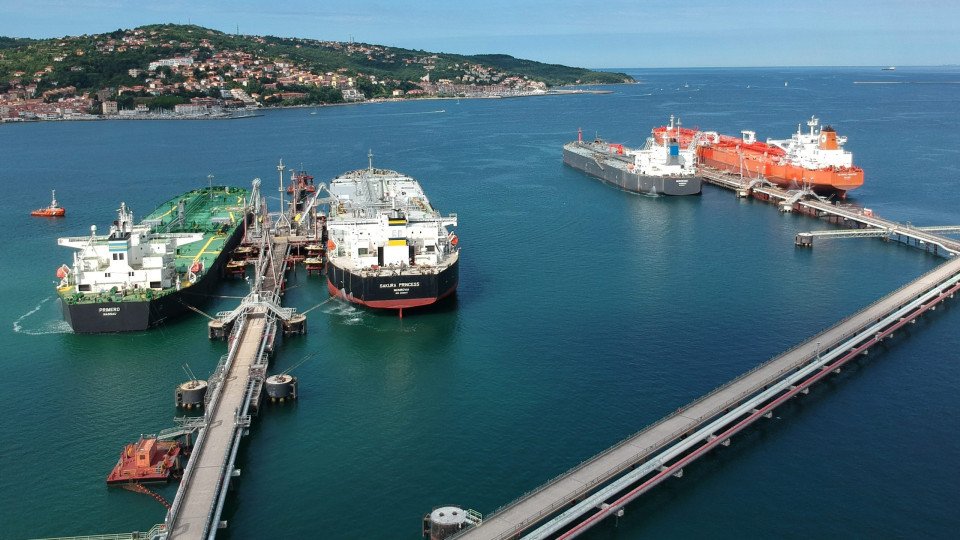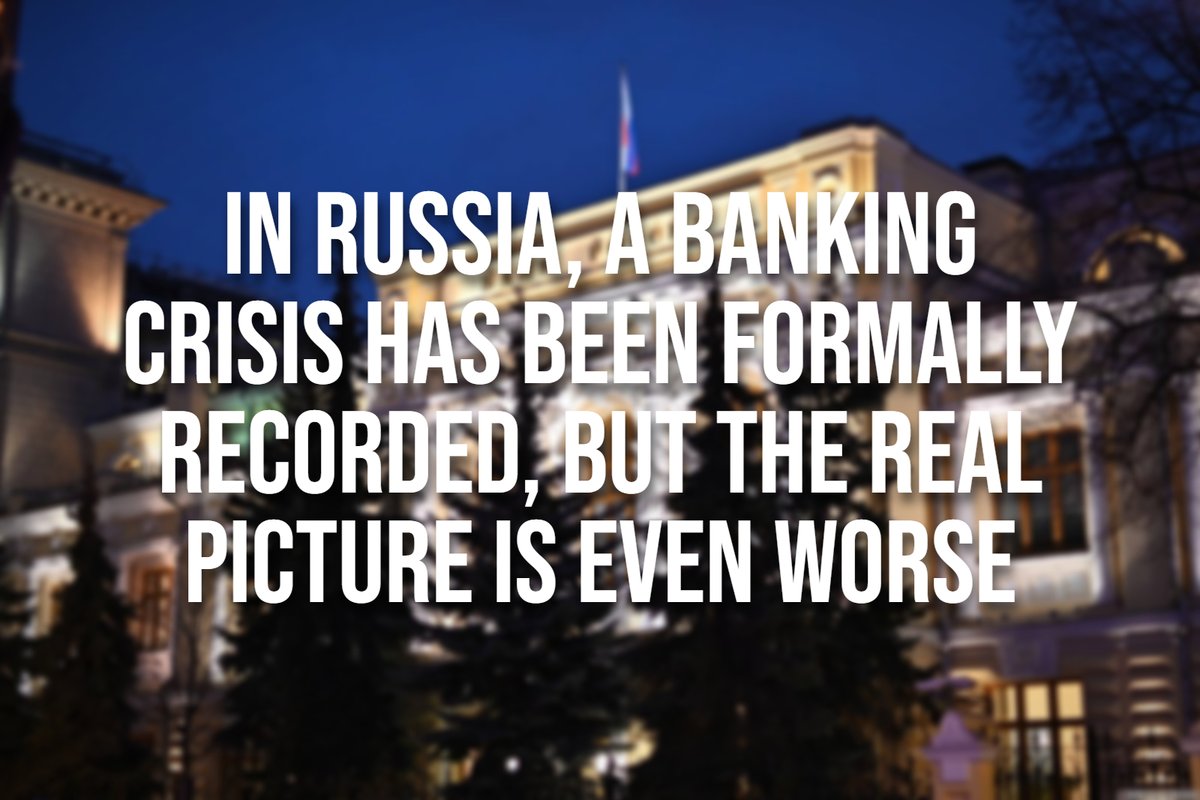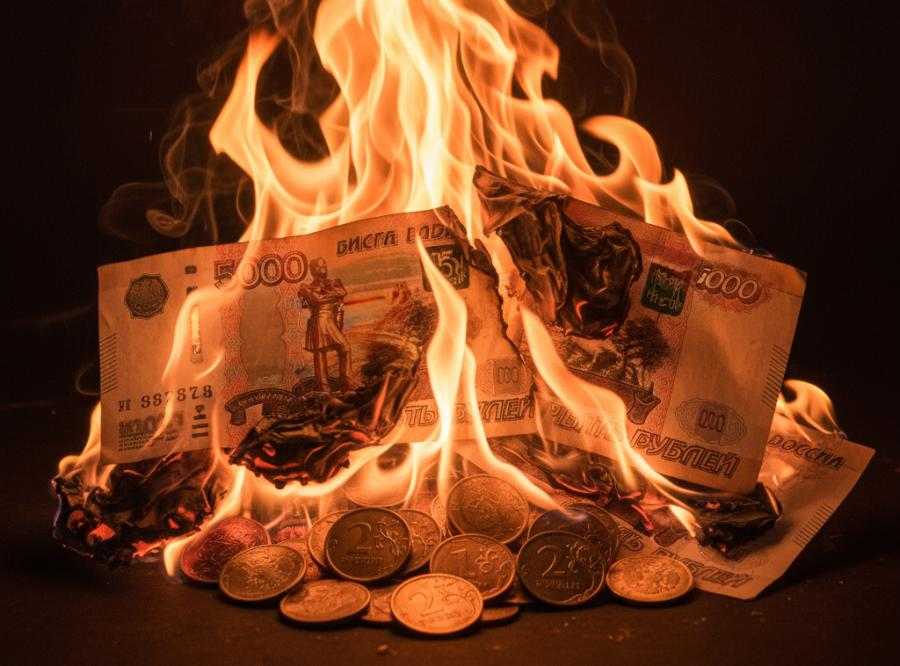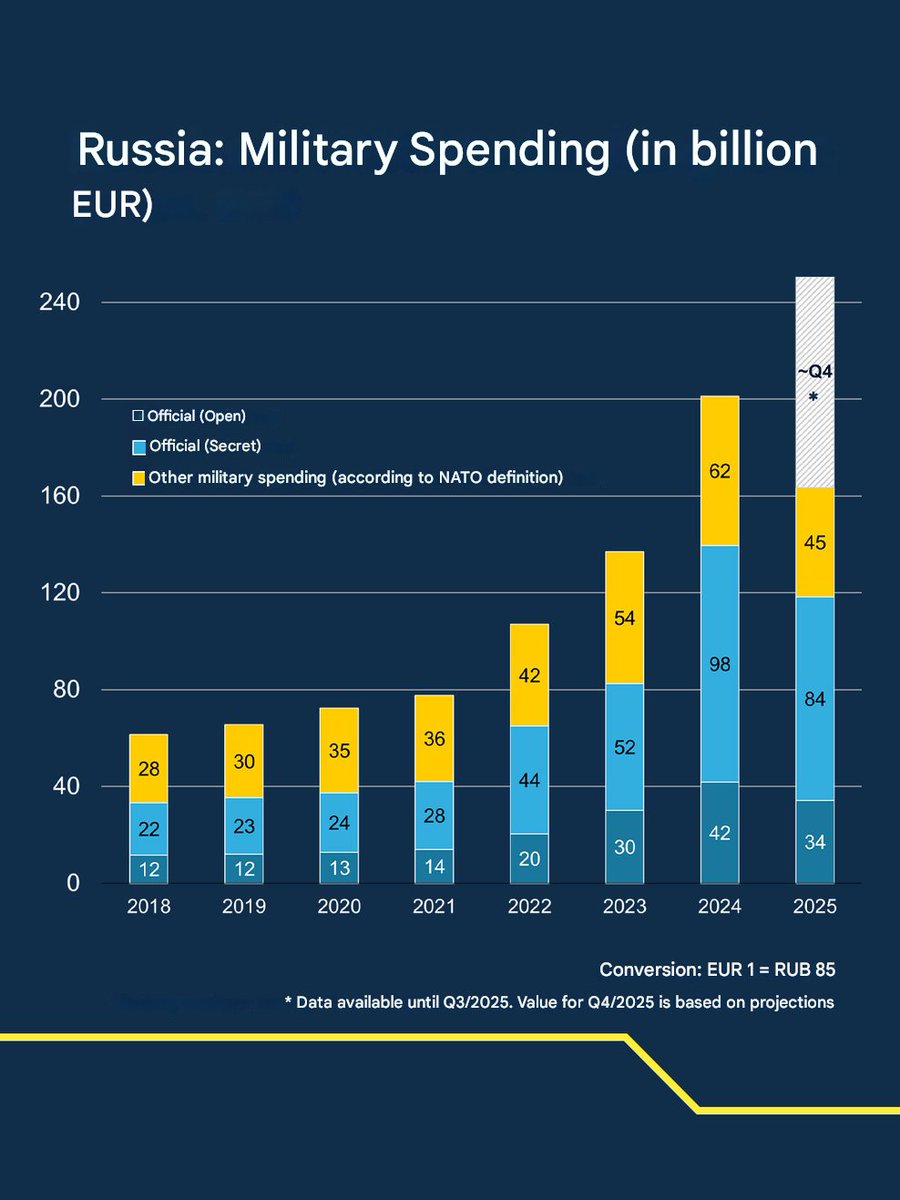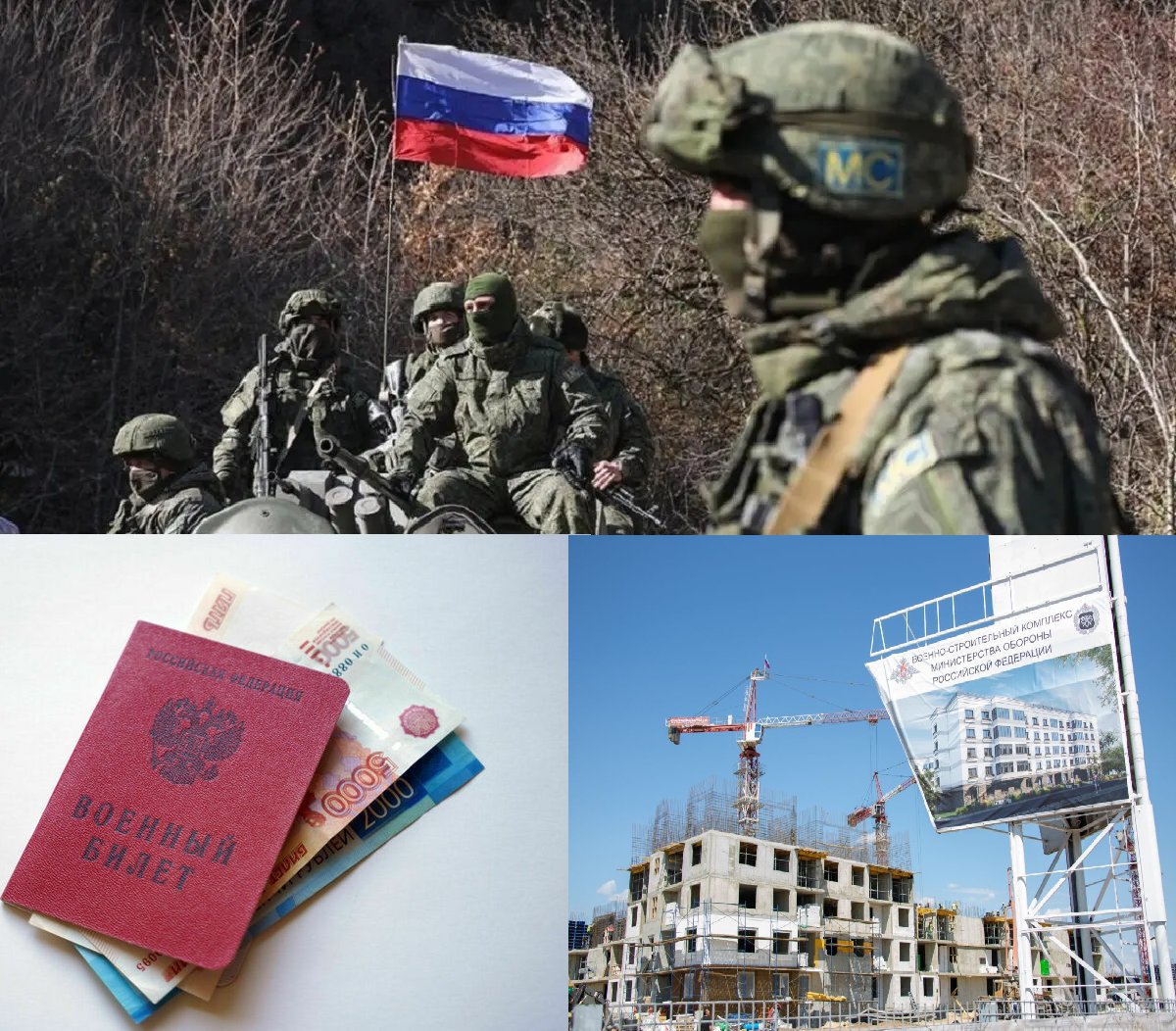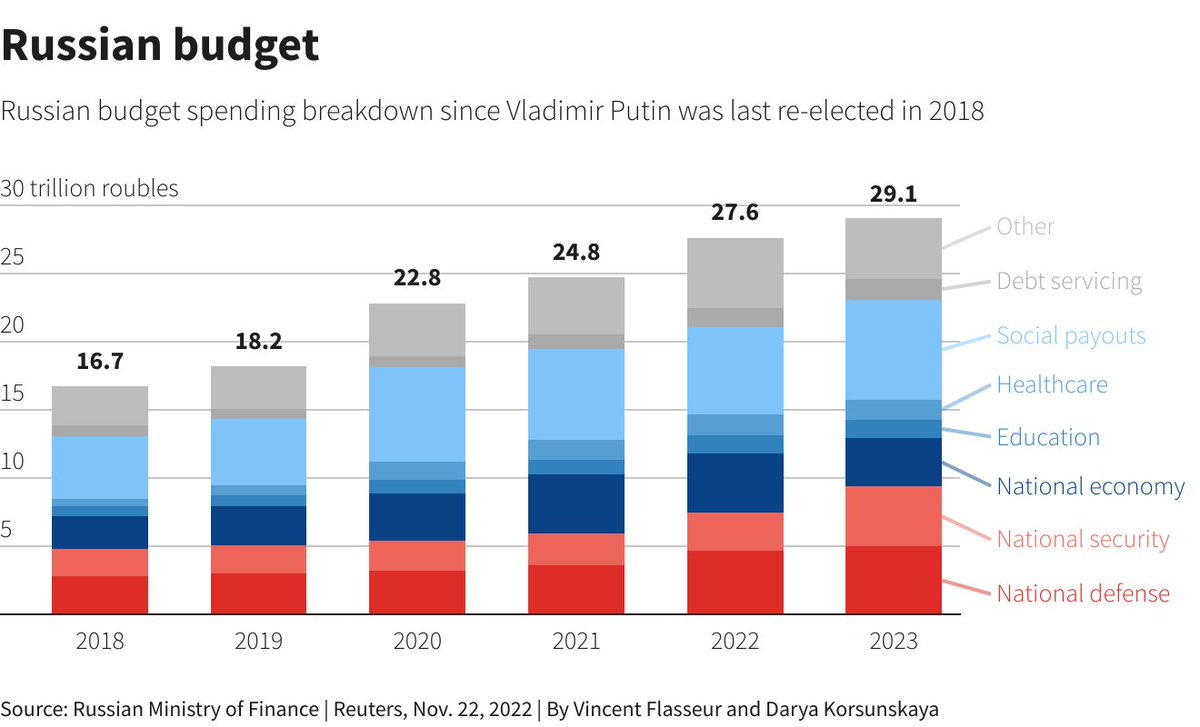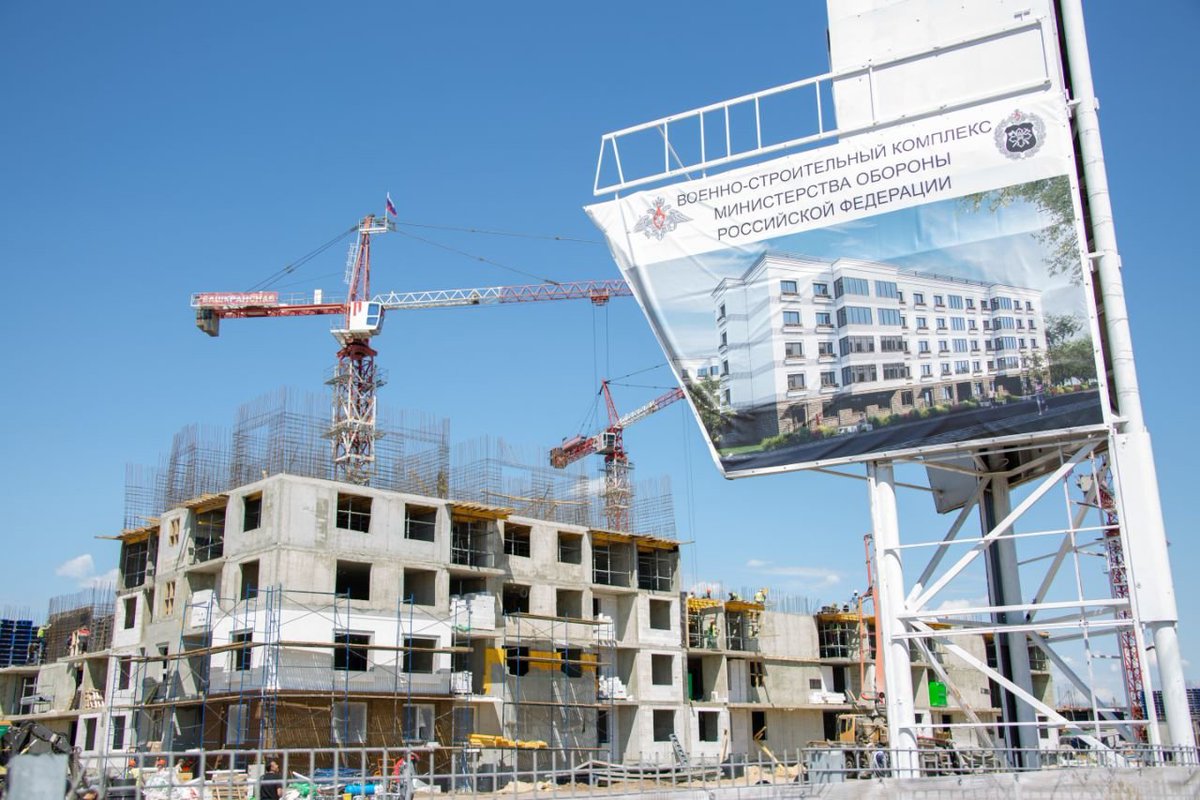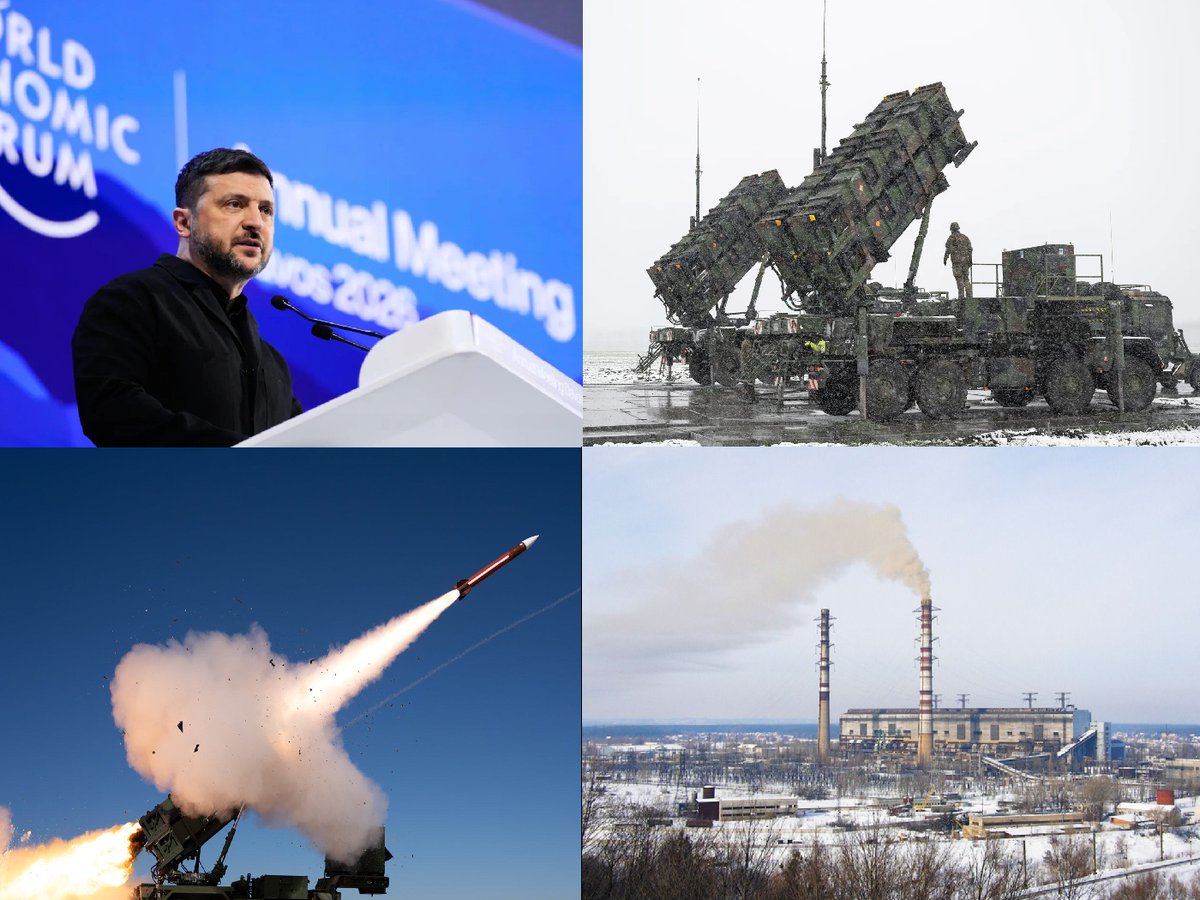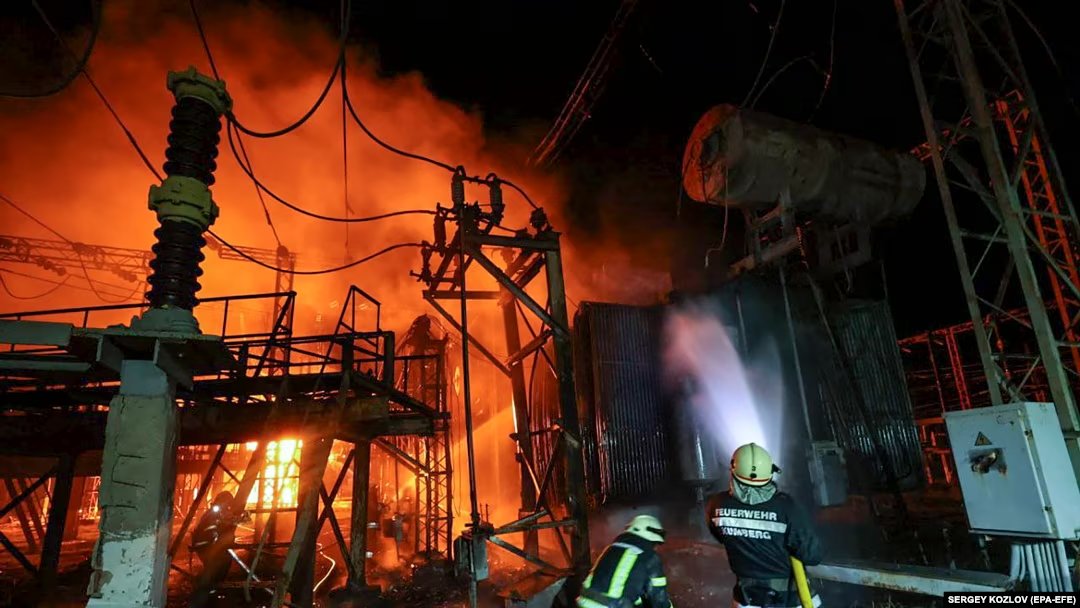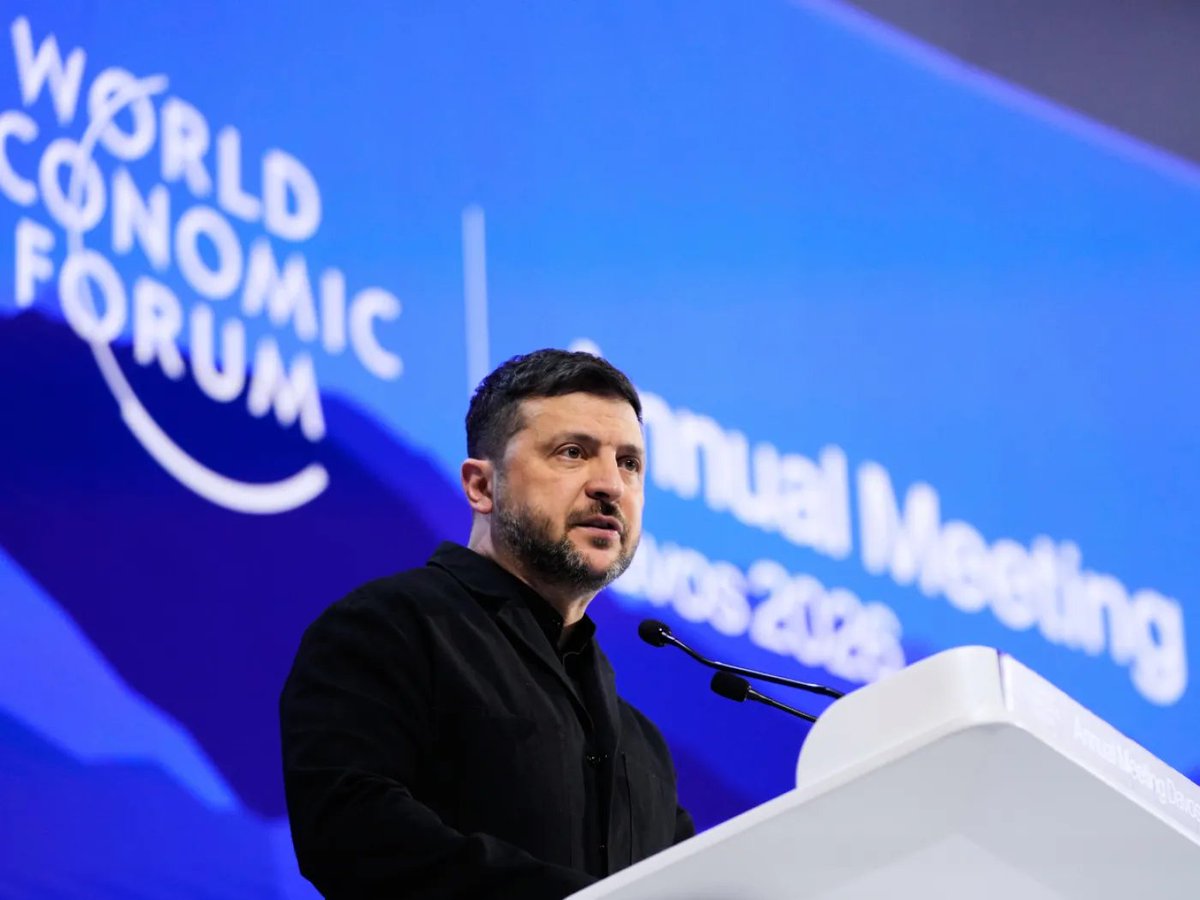The arrest of Timur Ivanov turned out to be only the beginning of a purge in the Russian leadership. The head of the Main Personnel Directorate of the Ministry of Defense of the Russian Federation, Yuri Kuznetsov, was arrested on charges of corruption. Kuznetsov was
1/15
1/15

previously the head of the Eighth Directorate of the General Staff of the Russian Armed Forces. This unit is responsible for protecting state secrets. So this could eventually become a high-profile treason case. Everything points to an internal crisis and Putin’s attempts to
2/15
2/15

correct the situation. A real internal struggle began. Putin is purging the team of Shoigu and others. In theory, cleansing should be beneficial. The fight against corruption in the West is always good and necessary. But we are talking about Russia. The fact is that in the
3/15
3/15
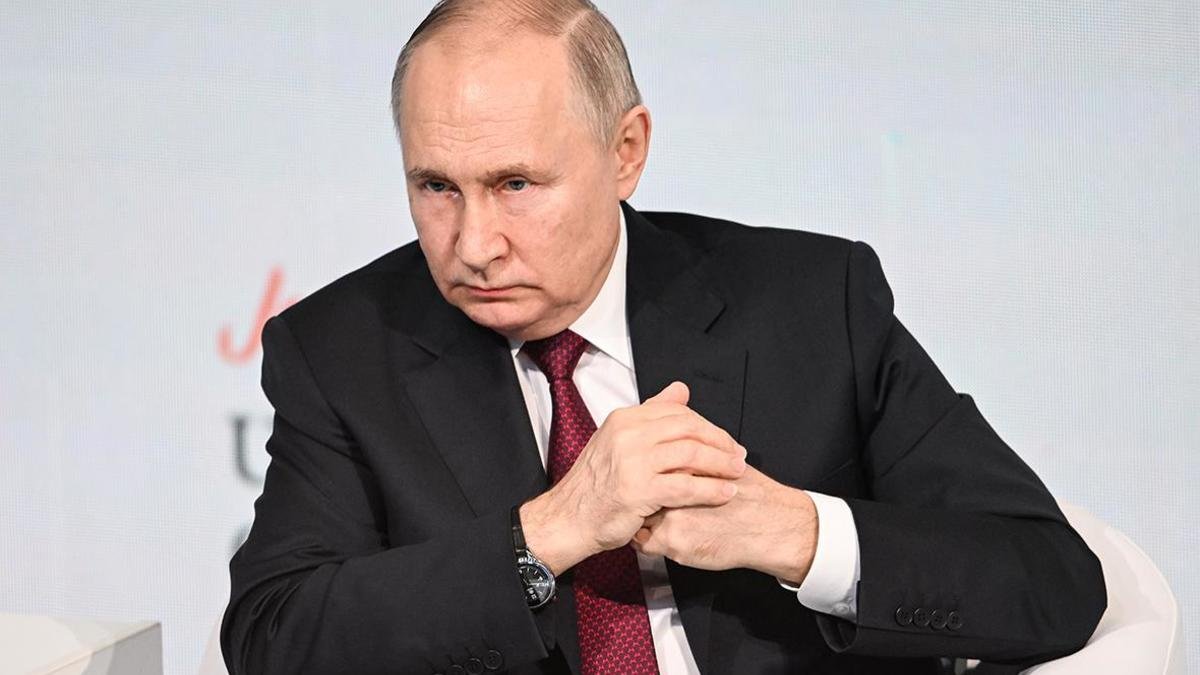
Russian system there are no non-corrupt people. This is a system of negative selection, where loyalty always trumps competence. During the entire period of Putin's power, changes have never led to any serious changes. The Russian system is designed in such a way that a
4/15
4/15

person holding a high position is allowed to steal as much as he can, but he must be loyal and must pay certain kickbacks. However, everything that he accumulated during his service is not his property. Everyone has a FSB file and is waiting in the wings, if necessary.
5/15
5/15

Everything indicates that Putin is looking for additional sources of income to plug some holes in the budget, and the imprisonment of high-ranking officials is always accompanied by the confiscation of property and all funds. They pass into the hands of the security
6/15
6/15

forces, and through them further to Putin and friends. After Kuznetsov’s arrest, perhaps we will even see Shoigu’s arrest. His appointment to a new position may be due to the fact that it needs to be removed from public space. This is not the end of the story. It
7/15
7/15

doesn’t happen in this system that people retire quietly. This happens extremely rarely. However, arrests are not the only way. There are some lucky ones who were allowed to resign, like the First Deputy Minister of Defense Ruslan Tsalikov. Most likely FSB called him and
8/15
8/15

made him an offer that he couldn’t refuse, as is customary in the mafia, which is what the Russian leadership is. Rumors are that in return he had to transfer 90% of his stolen fortune to Putin and friends, which is estimated at tens of millions of dollars, in the form of
9/15
9/15

real estate registered to the family, funds in offshores, etc. He bought himself off. Another Shoigu deputy, Alexey Krivoruchko, also resigned from his post. He also has a lot of real estate, including in the USA and other savings. But again, perhaps FSB will come for these
10/15
10/15

people when their removal will no longer be as loud as if they held a high position. There is also a list of people from Shoigu’s team who will most likely resign soon - Nikolai Pankov, Viktor Goremykin, Yuri Sadovenko, Yunus-Bek Evkurov and others. Gerasimov remains in
11/15
11/15
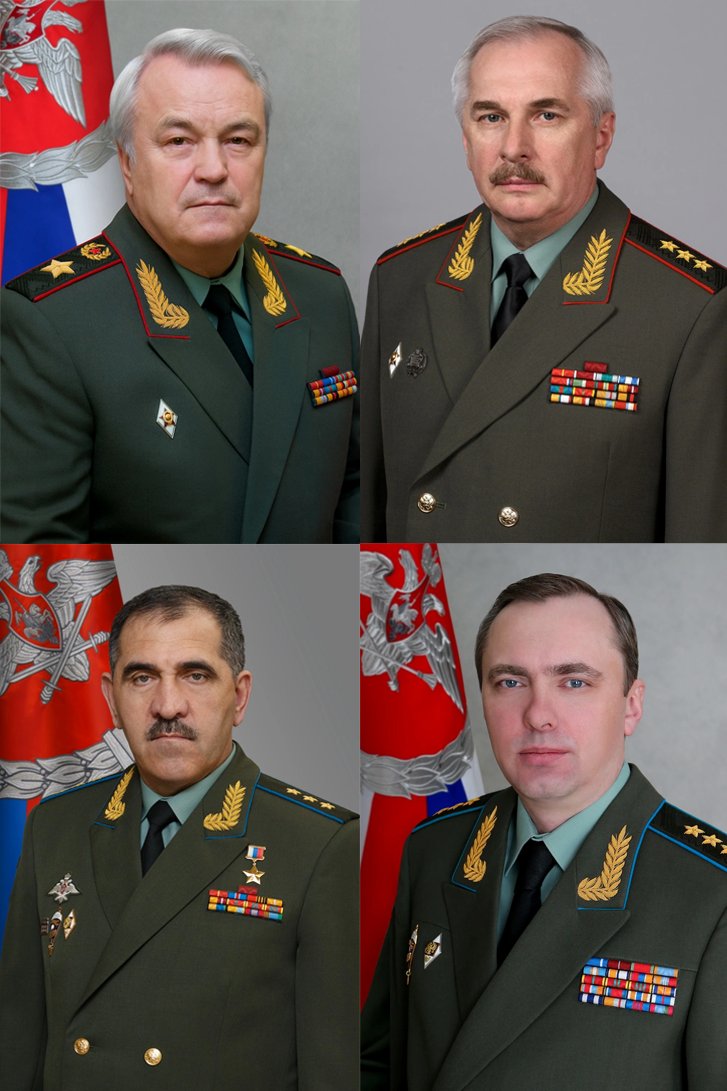
office for now, but everything can change. Replacing Putin's leadership would be a huge blow to the system, given that it is happening in the midst of a war in Ukraine, where things are not going entirely according to plan. The fact that Andrei Belousov, unlike Shoigu, came
12/15
12/15

without his team, without people loyal to him. He is not respected within the system and this will only increase internal conflicts and the struggle for advantageous positions. Such shake-ups during the current war will only bring more chaos. So, to sum up, the crisis
13/15
13/15

within the government is intensifying amid exhaustion and lack of resources and competent people who could correct the situation. This does not mean that the Russian system will collapse in the near future.
14/15
14/15

Such a large system has strong inertia, but this will weaken it and hasten the approach of the inevitable collapse.
15/15
15/15

• • •
Missing some Tweet in this thread? You can try to
force a refresh


